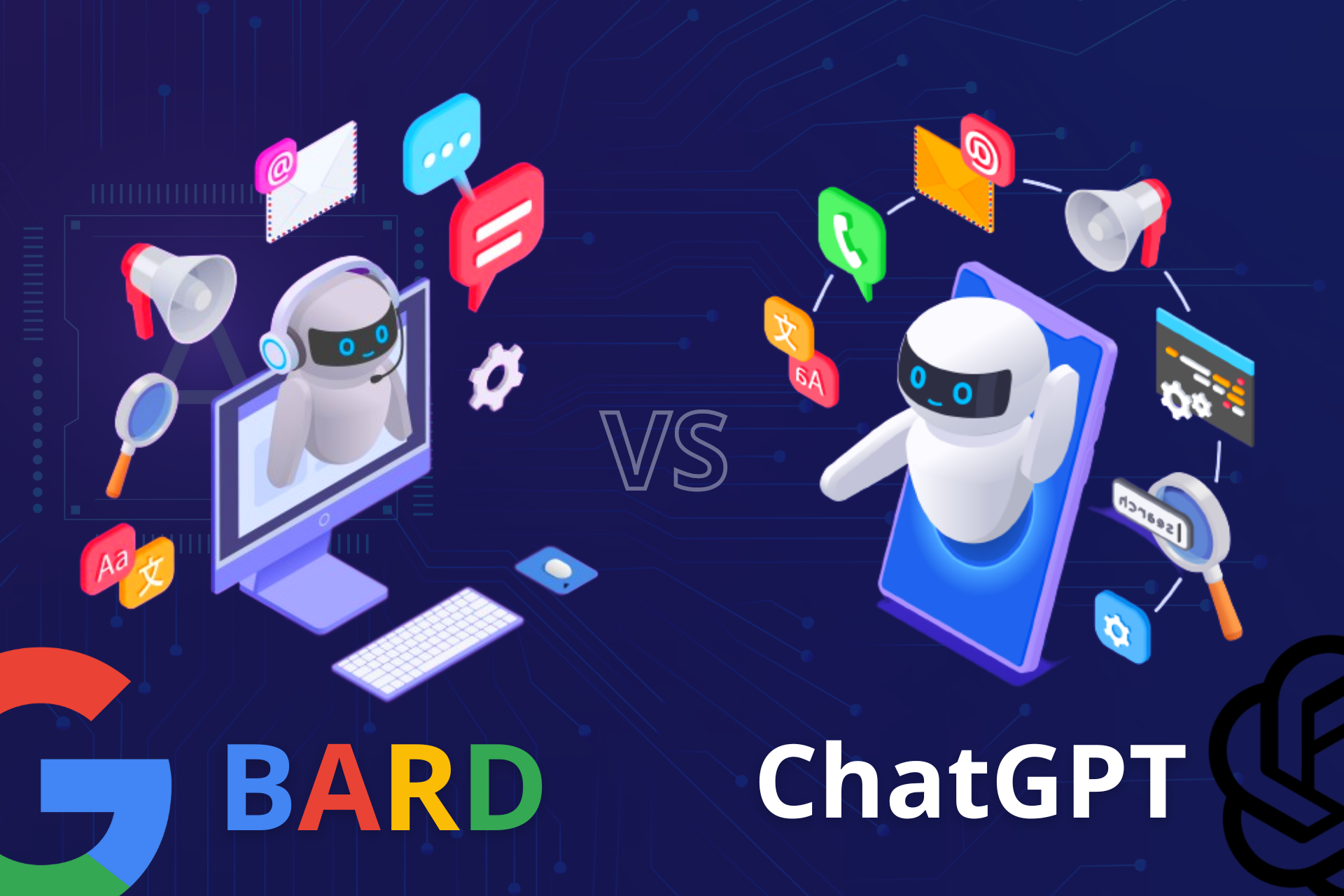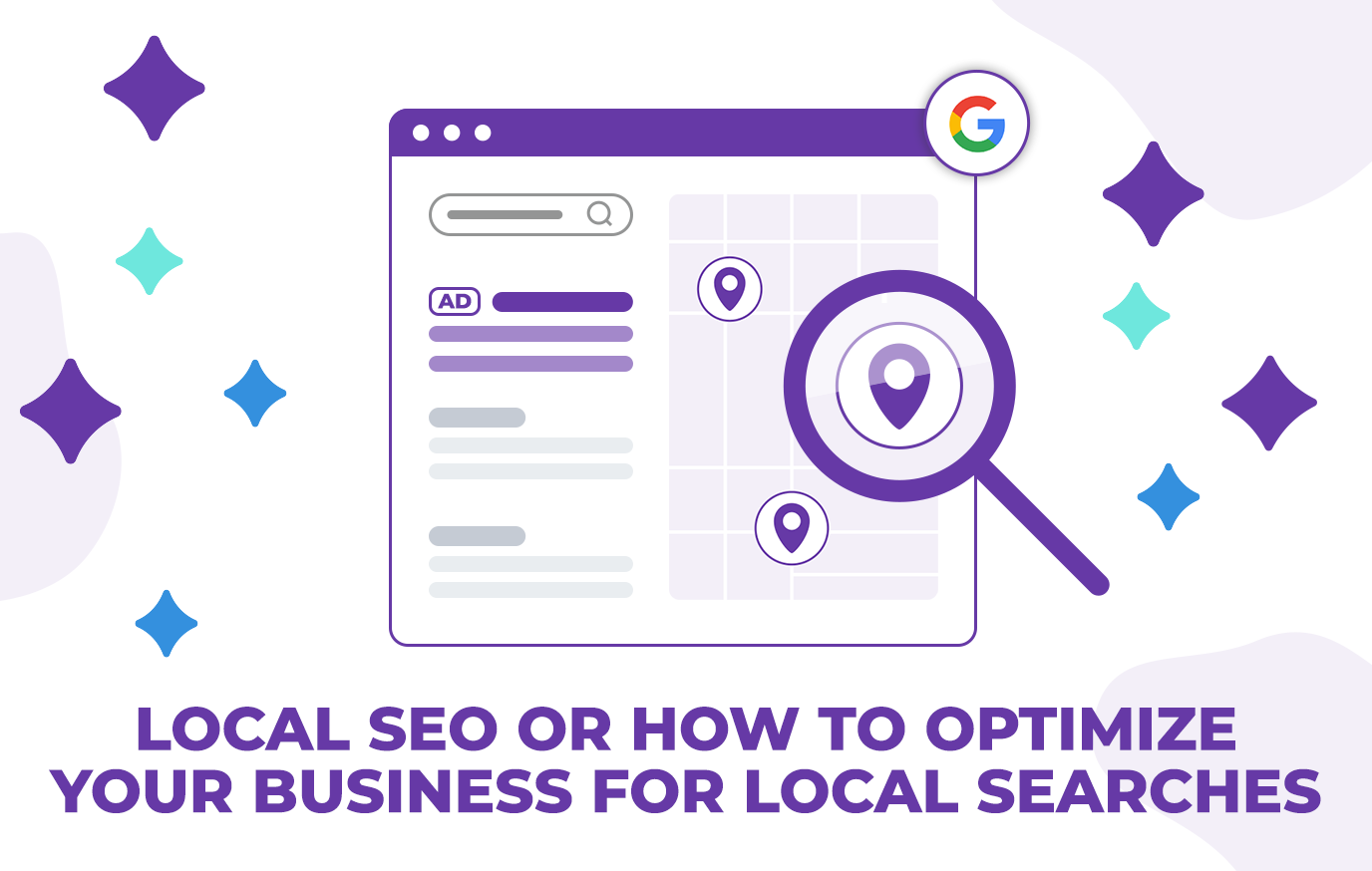
Google’s answer to ChatGPT is a new AI chatbot called Bard. How will this new tool be beneficial for the users and do we really need it? Our SEO Agency tried to dive deeper into the topic and find the answer.
Meet Bard – the next-generation chatbot
At the end of January 2023 Google released a statement confirming that they were working on their own version of ChatGPT – the program, created by OpenAI, is one of the more accessible and popular artificial intelligence-based tools that can write a dissertation, an essay and answer our most tricky questions. ChatGPT quickly became a hit, with 57 million users in its first month after the release date, and reached 100 million in January, 13 million of whom visit it daily. It is the fastest Internet service to gain such popularity.
Such popularity did not let Google stay on the side. It was mainly the response feature worried Google the most. The search engine developers feared that ChatGPT would cause users to start searching for information using artificial intelligence, thus abandoning their site. The concern was great enough for Google to shortly announce the name of the new app and start testing it.
The point of Bard is similar to Chat GPT. Its abilities are to be mainly used to answer a question on any topic in a quite natural and very understandable way for the average Internet user. Google’s idea is that over time, Bard API will be integrated with other Google applications, such as Calendar or Meet meetings. This will also make Bard kind of our personal secretary, which will be a constant support for us in making appointments, scheduling the week’s work, or quickly creating information that we publish on blogs and social media.
ChatGPT vs. Bard – who wins the battle?
What makes Bard special, how is it different from the current solution and what benefit does it add to the artificial intelligence definition – this is exactly what we tried to find out.
The first difference between the two tools lies in the language that was used for the training. Bard was trained on a new language model called Meena, which was developed using 341 GB of text data, whereas ChatGPT used the language called LaMDA and 45 terabytes of text data, which makes it one of the most comprehensive language models that ever existed. However, despite its smaller training corpus, Bard is still capable of responding to a wide range of questions and is capable of holding its own conversations with humans.
The second difference between the two tools is the “tone of voice”. The intelligent artificial Bard was specifically designed to have more “human” touch – be empathetic and engaging, using techniques such as humor, sentiment analysis, and persona-based conversations to make interactions more natural and enjoyable. At the same time, ChatGPT’s mainly focuses on generating informative and accurate responses to user queries rather than trying to replicate the nuances of human conversation.
While both tools use neural networks to generate their responses, Bard’s model is more complex, using a transformer-based architecture that allows it to handle longer sequences of text with greater accuracy.
When it comes to the speed and efficiency, Bard has a significant advantage here thanks to being built on Google’s massive computing infrastructure, which allows it to process queries faster and more efficiently than many other chatbots.
On the other hand, ChatGPT is more flexible, as it is an open-source platform that can be easily customized and adapted for a wide range of applications. This makes it a popular choice for developers and businesses that are looking to integrate AI into their products and services.
You don’t need to be Alan Mathison Turing, who is the pioneer of artificial intelligence by the way, to understand that both tools have their advantages and disadvantages.
At the end, the choice between Bard and ChatGPT will depend on the specific use case and the goals of the private user or a digital marketing agency. While Bard is more engaging and empathetic, ChatGPT’s focus on accuracy and informative responses may make it a better choice for certain applications.









